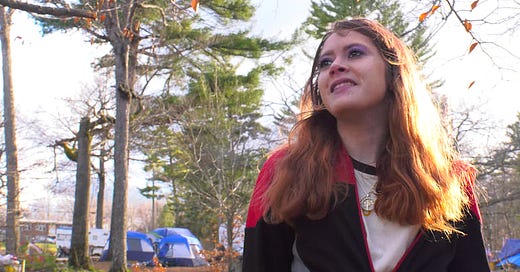BAR HARBOR — A film screening and panel discussion on ending homelessness in Maine is set for April 16 at College of the Atlantic. Building Hope: Ending Homelessness screens at 6:30 p.m. in the Davis Center for Human Ecology, Rm. 102. It is free and open to the public.
Following the film, producer Melody Lewis-Kane will be joined by Mid-Maine Homeless Shelter & Services President and CEO Dr. Katie Spencer White, Next Step Domestic Violence Project Child Protective Services Liaison and Community Educator Leslie Linder, former director of H.O.M.E., Inc. Tracey Hair, and Maine Representative Gary Friedmann (D-Bar Harbor) in a discussion.
Building Hope shows us that there is hope to ending the suffering of homelessness. The film explores the stories of those caught in the daily crisis. With the help of respected state advocates, many have risen above their circumstances to find housing and jobs and are becoming productive members of society. Others, due to mental illness and substance use disorder, have yet to succeed. Today, it is even more difficult due to the dearth of affordable housing and the influx of asylum seekers taking up so many of the beds at our cities’ shelters.
The film explores why and how our society can heal the suffering. Maine’s Speaker of the House Rachel Talbot Ross (D-Cumberland) talks about her own vulnerabilities growing up, and now the $100 million dollars that she has led the state to invest in affordable housing. Maine Independent Senator Angus King addresses the inadequacies of our minimum wage and the government tax incentive bills he co-sponsors to give confidence to developers to create affordable housing and emergency shelters. Developer Kevin Bunker, the force behind building Portland’s new Homeless Services Center and the new Asylum Seekers Center, talks about the root causes of inequality in our system.
Preble Street’s Mark Swann laments over his city’s sweeps of encampments, yet his hope “springs eternal.” Community Housing of Maine’s Cullen Ryan makes crystal clear the damage that is done both to individuals without housing and to our society as a whole.




